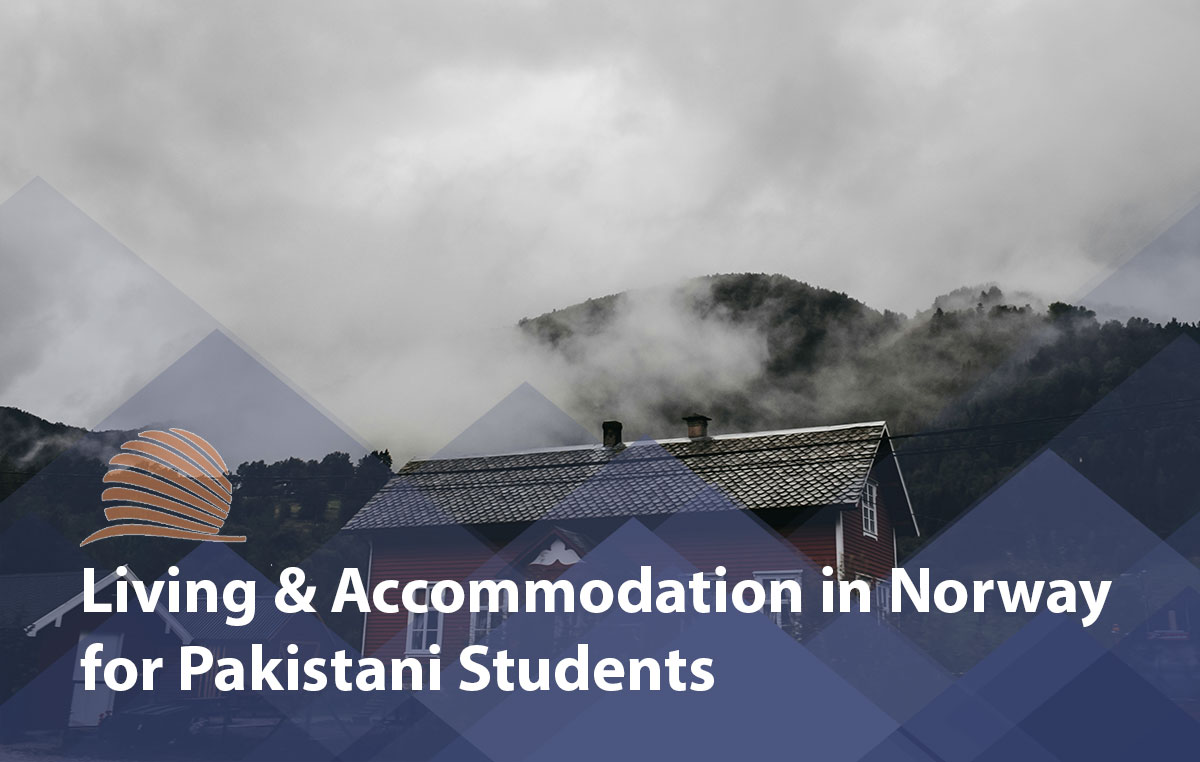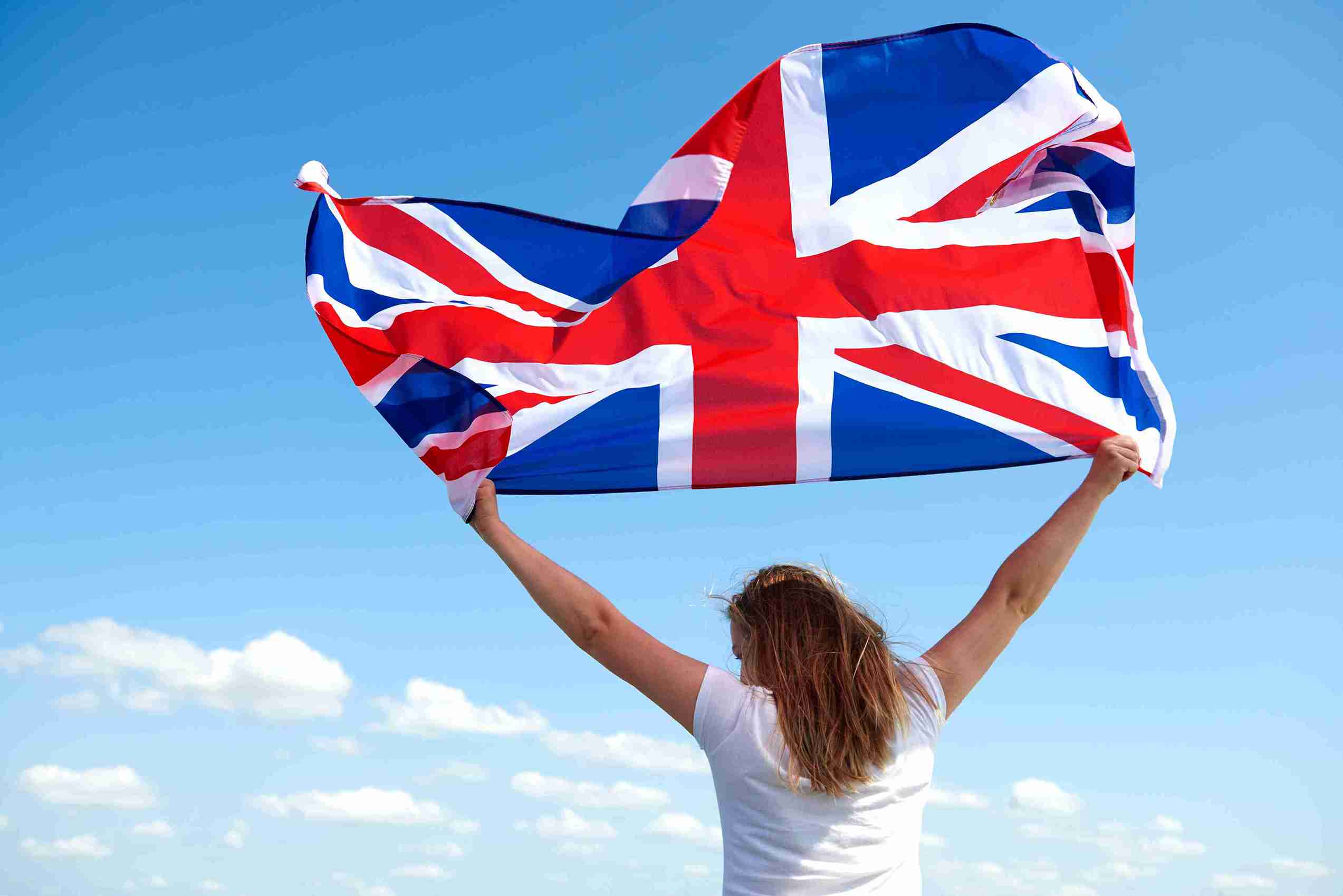Why Pakistani Students Choose Norway As Study Destination

Study abroad expert advice
Don't waste time! just fill the form to get help.
Living in Norway for Pakistani Students
Norway offers Pakistani students not only world-class education but also a safe, modern, and vibrant living environment. Understanding the lifestyle, accommodation options, transport, and cultural aspects is essential for a smooth and enjoyable study abroad experience.
Accommodation Options
Pakistani students in Norway can choose from several housing options:
- University Dormitories:
- Affordable and secure, with shared or private rooms.
- Monthly rent: NOK 3,000–5,000 (€270–450).
- Includes access to kitchens, laundry facilities, and student communities.
- Shared Apartments:
- Renting a room in a shared apartment offers flexibility and social interaction.
- Monthly rent: NOK 3,500–7,000 (€315–630).
- Private Apartments:
- Suitable for students seeking privacy and independence.
- Monthly rent: NOK 6,000–12,000 (€540–1,100).
Tip: Apply early for university dormitories as they are limited and highly sought after.
Food and Groceries
- Norway offers a variety of supermarkets, local markets, and international food stores.
- Monthly grocery expenses typically range from NOK 2,000–3,000 (€180–270).
- Cooking at home is cost-effective, while dining out at cafes or restaurants can cost NOK 150–400 (€14–36) per meal.
- Pakistani students can find international stores or online communities for familiar ingredients.
Transportation
- Public Transport: Efficient and reliable buses, trams, and trains are available in most cities.
- Student discounts are available on monthly or semester passes, costing NOK 500–1,000 (€45–90).
- Cycling: Widely used, especially in cities like Oslo and Bergen, as a healthy and cost-effective commuting option.
- Intercity Travel: Trains and buses connect major cities and towns, allowing weekend trips and exploration.
Healthcare and Safety
- Public Healthcare: Students with a valid residence permit are eligible for public healthcare.
- Health Insurance: Mandatory for all students; private coverage ranges from NOK 200–400 (€18–36) per month.
- Safety: Norway is consistently ranked as one of the safest countries in the world, with low crime rates and strong law enforcement.
Cultural and Social Life
- Multicultural Environment: Norway hosts students from around the globe, encouraging diverse social interactions.
- Outdoor Activities: Hiking, skiing, fjord cruises, and fishing are popular ways to experience nature and stay active.
- Festivals and Events: Music, art, and cultural festivals are frequent, providing opportunities for social engagement.
- Student Societies: Universities have clubs, organizations, and societies to help students network and engage socially.
Financial Considerations
- Monthly living costs for Pakistani students generally range from NOK 10,000–13,000 (€900–1,200), including accommodation, food, transport, and personal expenses.
- Part-time jobs allow students to offset costs while gaining work experience.
- Planning a monthly budget and utilizing student discounts helps manage expenses effectively.
Tips for Pakistani Students
- Plan Accommodation Early: University dorms fill quickly; consider shared apartments if needed.
- Budget Wisely: Track monthly expenses for groceries, transport, and leisure activities.
- Engage Socially: Join student clubs and societies to build networks and friendships.
- Learn Basic Norwegian: Even for English-taught programs, basic language skills help in daily life and integration.
- Explore Norway: Use weekends and holidays to experience the country’s natural beauty and culture.
Conclusion
Living in Norway provides Pakistani students with a safe, modern, and culturally rich environment. From comfortable accommodation and efficient transport to healthcare access and outdoor recreation, Norway offers a balanced and enjoyable lifestyle. Proper planning, budgeting, and social engagement allow students to maximize their study abroad experience while building skills, networks, and memories that last a lifetime.










_11zon.jpg)
.jpg)


